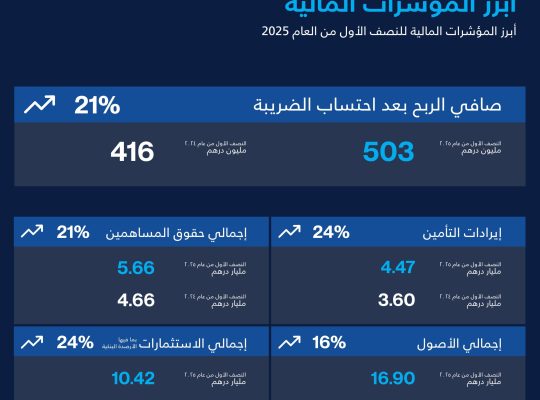Dubai Issues Law No. (6) of 2025 on Government Land Allocation
In his capacity as the Ruler of Dubai, His Highness Sheikh Mohammed bin Rashid Al Maktoum, Vice President and Prime Minister, has issued Law No. (6) of 2025 concerning the allocation of government land plots to public entities in Dubai.
The law aims to align land allocation with the Dubai 2040 Urban Master Plan. Its goals include:
- Streamlining land distribution.
- Ensuring efficient use of government plots.
- Providing public entities with the land necessary to carry out their mandates.
Key Provisions of the Law
This legislation outlines the conditions for allocating government land plots to federal and local public entities, ensuring land is provided to help these entities:
- Deliver services
- Fulfil their duties
- Establish facilities required to execute their legal functions
Responsibilities of Dubai Municipality
The law defines the role of Dubai Municipality in overseeing land allocation. Responsibilities include:
- Receiving land allocation requests from public entities.
- Assessing the actual need for the land.
- Determining the locations and sizes of requested plots.
Additionally, the Municipality will:
- Issue site maps for allocated government land.
- Maintain a registry of relevant land data.
- Coordinate with the Land Department to align data in both registries.
Authority and Reclamation of Land
Law No. (6) of 2025 grants Dubai Municipality the authority to:
- Reclaim government land allocated to public entities.
- Change the location of allocated land.
- Require the removal of constructions if conditions for land recovery specified in the law are met.
Criteria for Land Allocation
The law outlines criteria including:
- Urgent need based on economic, security, social, and service factors.
- Availability of land.
- Importance of the proposed use of land.
Implementation and Effectiveness
The Chairman of The Executive Council of Dubai will issue the necessary decisions for implementing this law. Notably, this new law annuls any prior legislation that may contradict its provisions and will become effective 30 days after its publication in the Official Gazette.

















